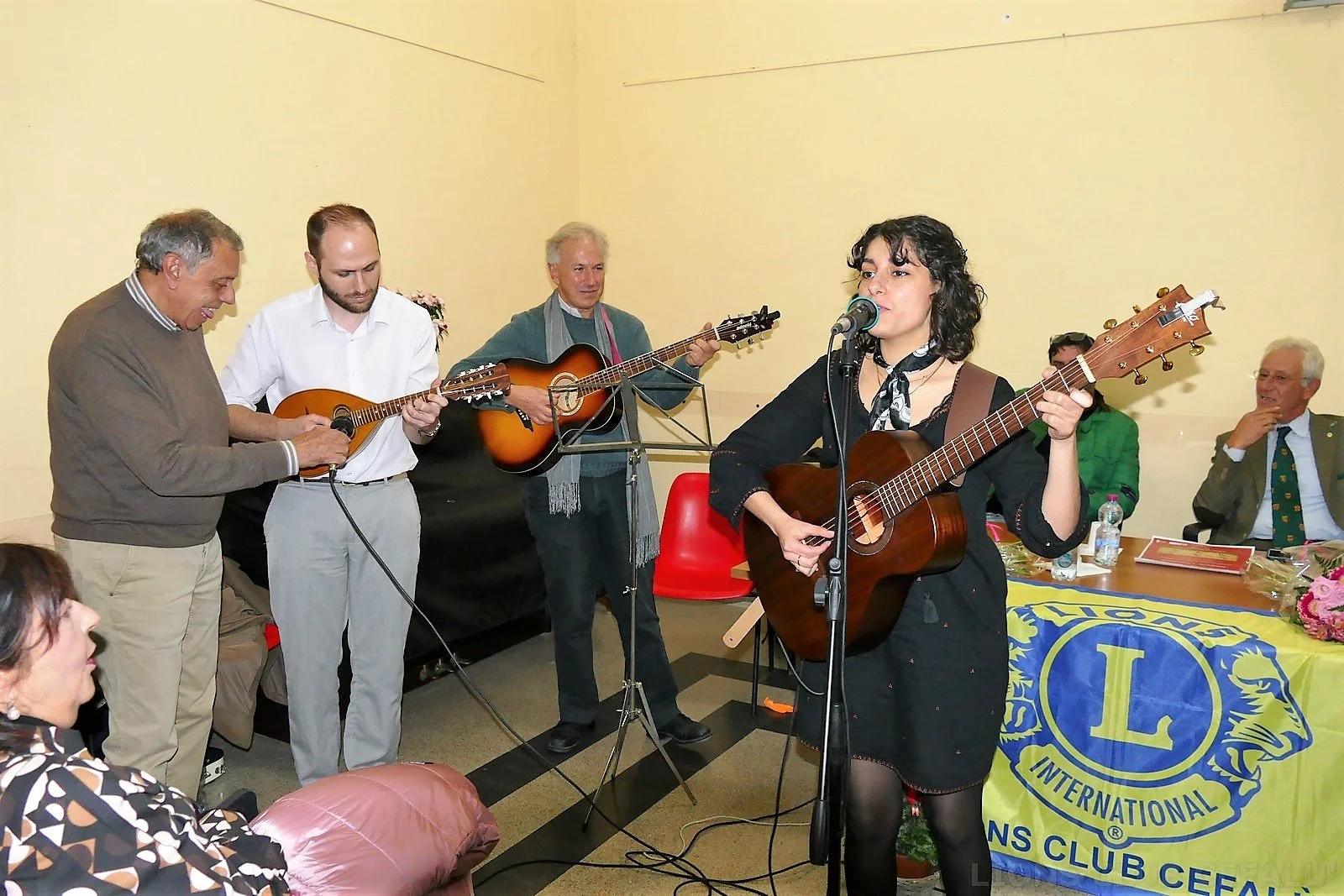To Sing and Recount (Canta e Cunta) is a digital storytelling project to document the stories and experiences behind the traditional Sicilian folk songs performed by Rosa Balistreri and translate them to be sung in English in an effort to highlight their relevance to social issues around the world today. Balistreri (1927-1990) was one of the first Italian women to publicly denounce social inequality through music. Her iconic, hoarse voice brought songs about Sicily’s jarring poverty in the 20th century to the forefront of Italian folk music in the 1960’s. A blue-collar worker for most of her life, Rosa Balistreri learned to read and write at the age of 32, and to play the guitar at the age of 40. She is a universal symbol of the working class who in addition to singing songs of revolt and rebellion, protested social injustice in one of the bravest ways of her time period: with a voice and a guitar.
As part of this project, bilingual singer/songwriter and activist Amanda Pascali will translate the songs to be sung in English so that they may be preserved in the future. These songs, which have never been translated into English before, will then be performed in collaboration with contemporary Italian musicians in an effort to preserve the melodies and meanings conveyed in Sicilian; declared a “vulnerable” language by UNESCO on the UNESCO endangered languages list. Based on current trends, only a third of the population on the island will speak Sicilian at the end of the 21st century (Coluzzi, 2008). This collaborative storytelling initiative aims to capture a snapshot of Balistreri’s legacy and preserve the words she sung as they are still relevant over half a century later, all over the world.
Through her work, Pascali will highlight the seldom documented perspective of Sicilian women as well as that of under-represented groups such as ethnic and religious minorities in both the south of Italy and the south of the US on class issues, imprisonment, inequality, immigration, national identity, and gender roles; the fundamental themes behind the songs sung by Rosa Balistreri.
To Sing and Recount shows how the legacy of Rosa Balistreri is carried on by the new Italian working class through cultural diffusion. As of January 2015, there were 5,047,028 documented foreign nationals in Italy, an increase of 92,352 since 2014 and an increase of 4,647,028 since Balistreri’s time in the year 1960 (macrotrends.net). Because the face of Italy’s working class is changing, it is statistically inaccurate to discuss the significance of Balistreri’s songs without including the perspective of those who belong to Italy’s new working class. This project uses multimedia content (videos, photos, and recordings) to share stories and experiences from Sicilian and Texan communities who grapple today with many of the same universal issues, although different on the surface, that were sung about in Balistreri’s songs over half a century ago.
In the News (videos)
Telecras report - Rosa Balistreri Cantata in Inglese
Project Collaborators: Affiliated professors and institutions of this project include Professor Mauro Geraci and Professor Francesco Pira at the University of Messina in Sicily and Professor Alessandro Carrera at the University of Houston in Texas. Affiliated associations include the Associazione Culturale Cantastorie Busacca (Busacca Singer-Storyteller Cultural Association of Paternò)

